What Is Decentralized Identity? A Comprehensive Guide
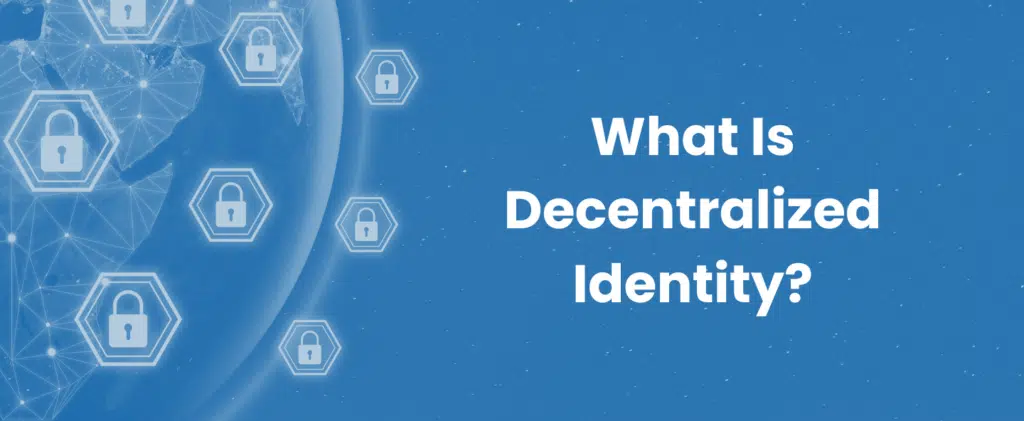
Key Takeaways: Decentralized identity is a secure, user-centric method for managing digital identities without relying on central authorities. This model allows individuals to control their digital identity, enhancing privacy and security By utilizing blockchain and other decentralized technologies, this approach significantly reduces the risk of data breaches, as sensitive information is not concentrated in a […]
Security vs. User Experience: Do You Really Have to Choose?
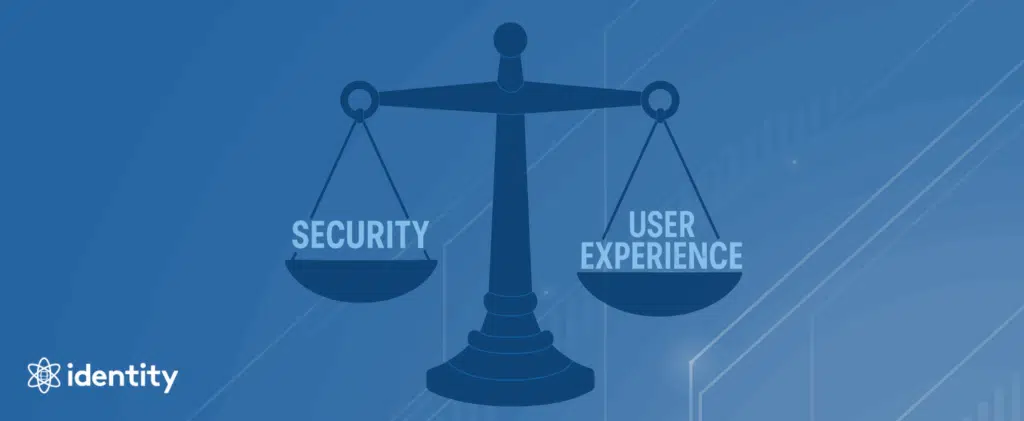
For years, digital security has been seen as a tradeoff: stronger protection comes at the cost of user experience. Long passwords, multiple verification steps, and invasive identity checks often force platforms to choose between keeping bad actors out or keeping users happy. But as threats evolve and user expectations change, that tradeoff is becoming easier […]
What Is Age Verification? Ensuring Compliance and Privacy Online
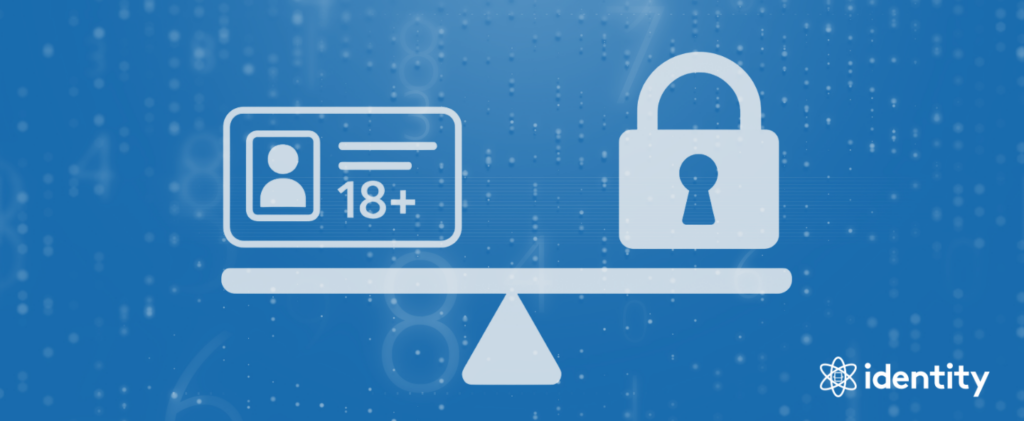
Key Takeaways: Age verification helps businesses meet regulatory requirements by confirming users meet the minimum legal age to access restricted content or services. This is essential in industries like gambling, alcohol sales, and adult content. Traditional age verification methods, like self-declared birthdates, are becoming outdated. New, more secure, and privacy-conscious verification methods are needed to […]
Digital ID Wallet: Comprehensive Guide
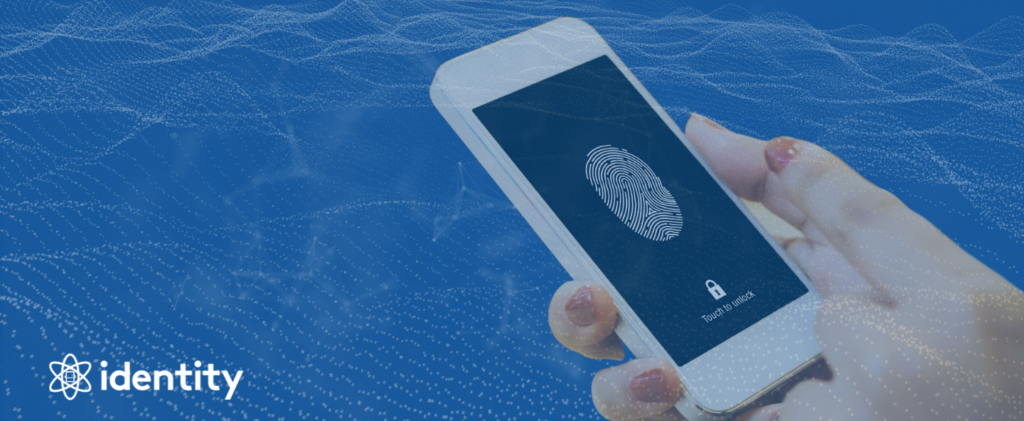
Key Takeaways: A Digital ID Wallet is a secure mobile app that digitally stores and manages your personal information and identity. It allows you to easily store, manage, and share your credentials directly from your device. By digitizing credentials, these identity wallets eliminate the need for physical documents, streamlining identity verification and management. Governments worldwide […]
Privacy Concerns With Biometric Data Collection
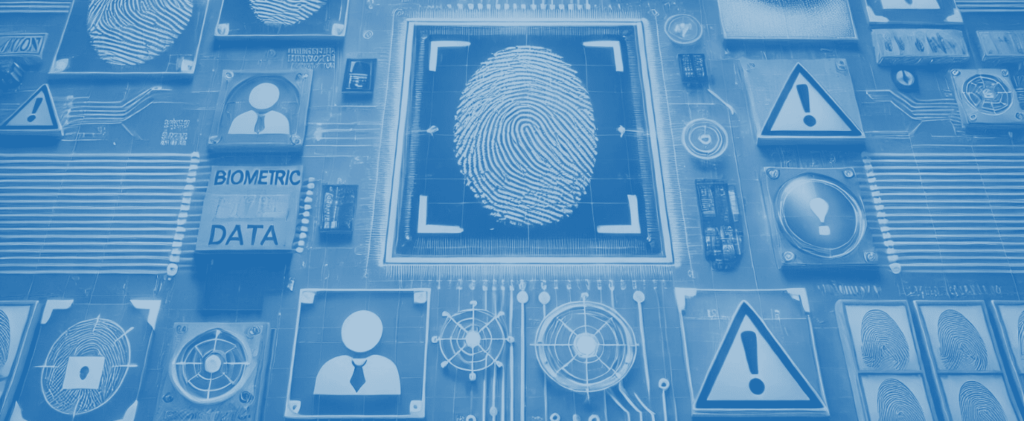
Key Takeaways: Privacy concerns with biometric data collection stem from the fact that once compromised, biometric data cannot be easily changed or reset. This provides long-term security risks making individuals vulnerable to identity theft, surveilance, and misuse. Data breaches are one of the biggest concerns with biometric data, as they can expose individuals to long-term […]
How Mobile Driver’s Licenses (mDLs) Enhance Identity Verification
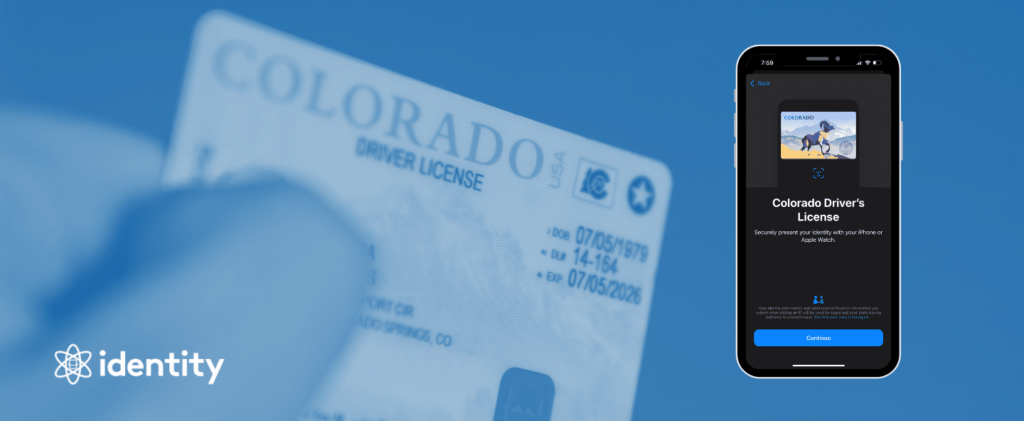
Key Takeaways: Mobile Driver’s Licenses (mDLs) are digital driver’s licenses stored securely on a smartphone, offering a modern alternative to traditional plastic licenses. mDLs improve identity verification security with encryption, real-time authentication, and selective data disclosure, protecting user privacy while minimizing fraud. mDL adoption is growing, with U.S. states like Arizona, California, and Louisiana leading […]
AI-Generated Fake IDs: Are You Prepared?
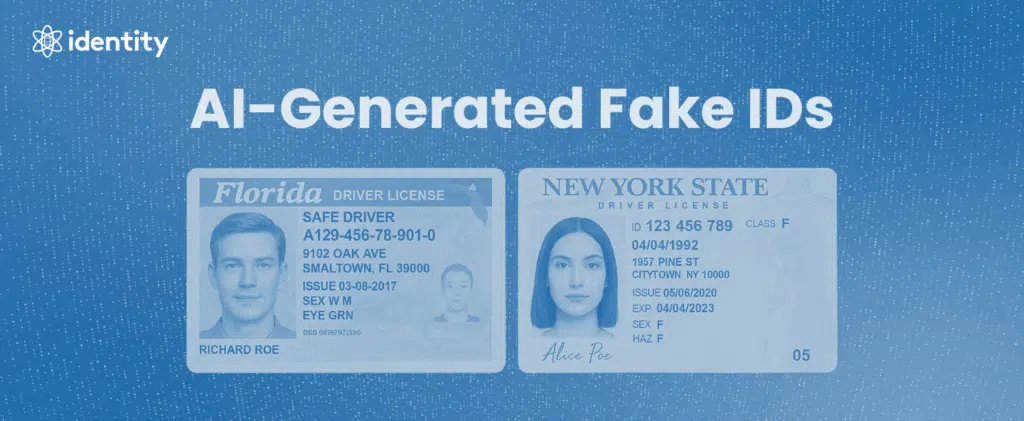
Key Takeaways: AI-generated fake IDs are synthetic identity documents created using artificial intelligence. Instead of altering real IDs, these documents are built entirely from scratch using deep learning models that replicate official credentials with photorealistic precision. AI-generated fake IDs are now widely accessible and inexpensive to produce. With just a smartphone and an app, anyone […]
What Are Digital Credentials?
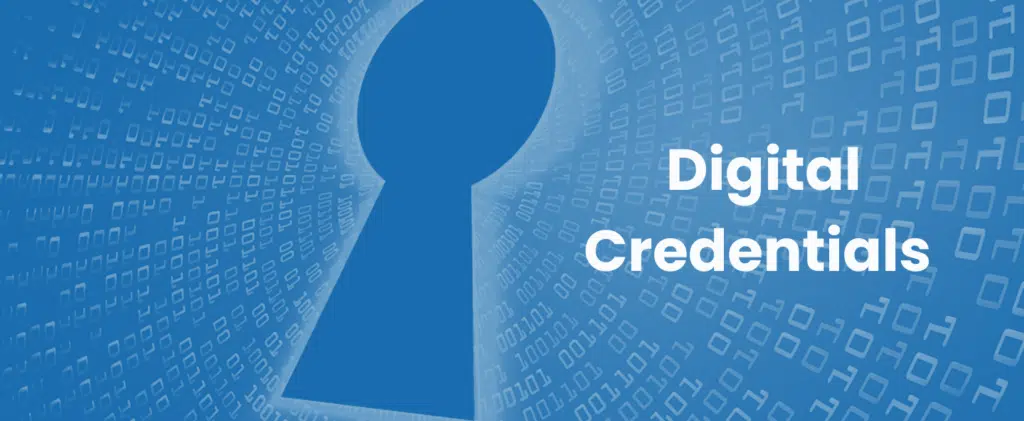
Key Takeaways: Digital credentials are secure, verifiable records that certify an individual’s qualifications, skills, or achievements in a digital format. Unlike physical credentials, they are designed to be tamper-proof and easily authenticated. Verifiable digital credentials use cryptographic signatures to ensure authenticity, providing a trustworthy and secure method of validation. Blockchain technology supports digital credentials by […]
What Is Biometric Authentication?
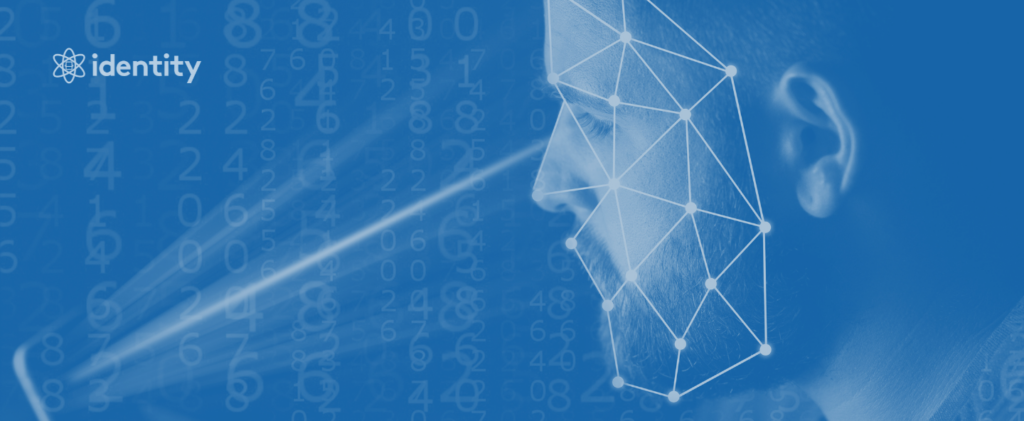
Key Takeaways: Biometric authentication is a security process that verifies a person’s identity using their unique biological traits. It can utilize physical characteristics like fingerprints or behavioral traits like voice patterns to confirm identity. It offers convenience by eliminating the need for passwords or PINs, allowing users to quickly access systems and services, which increases […]